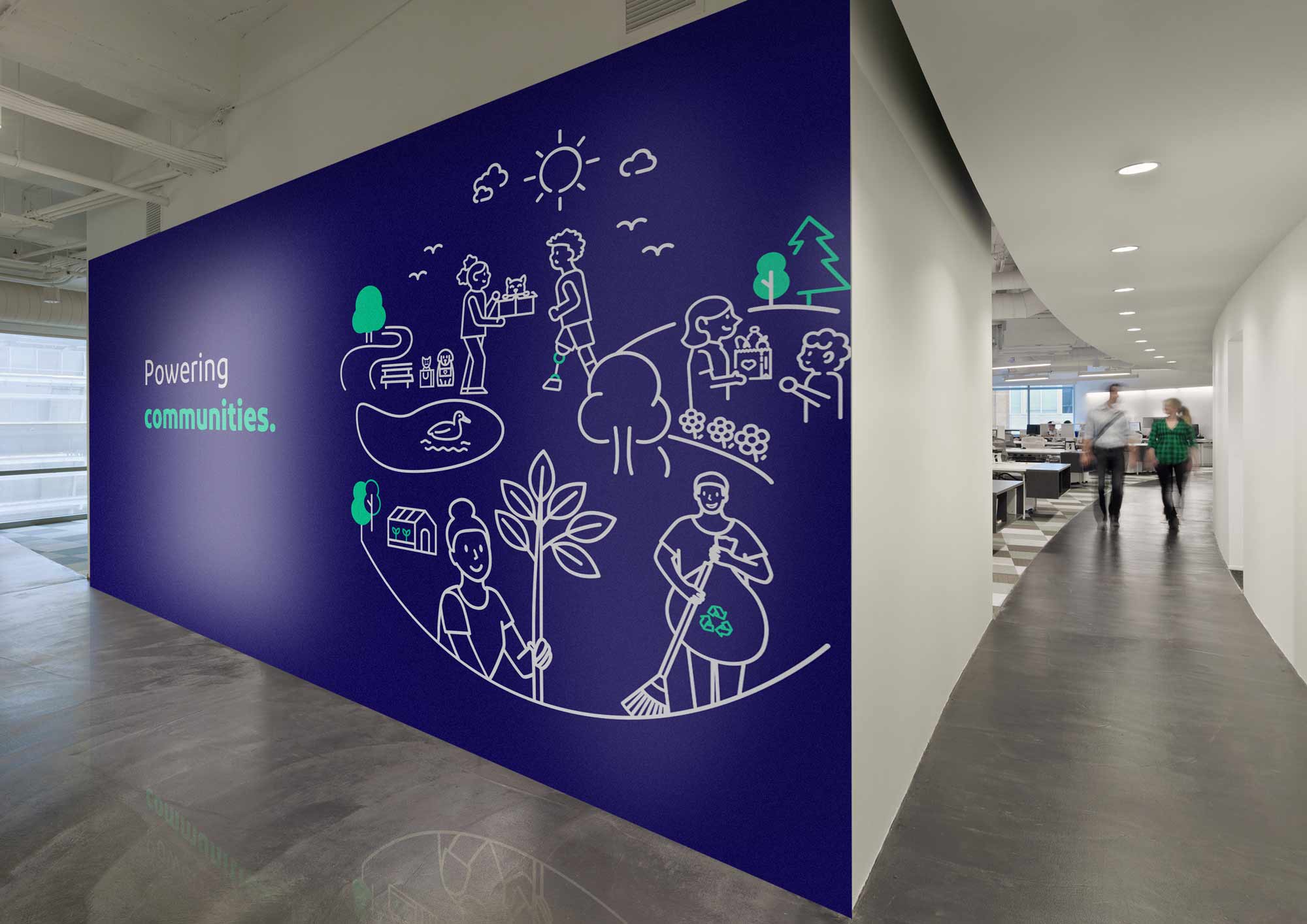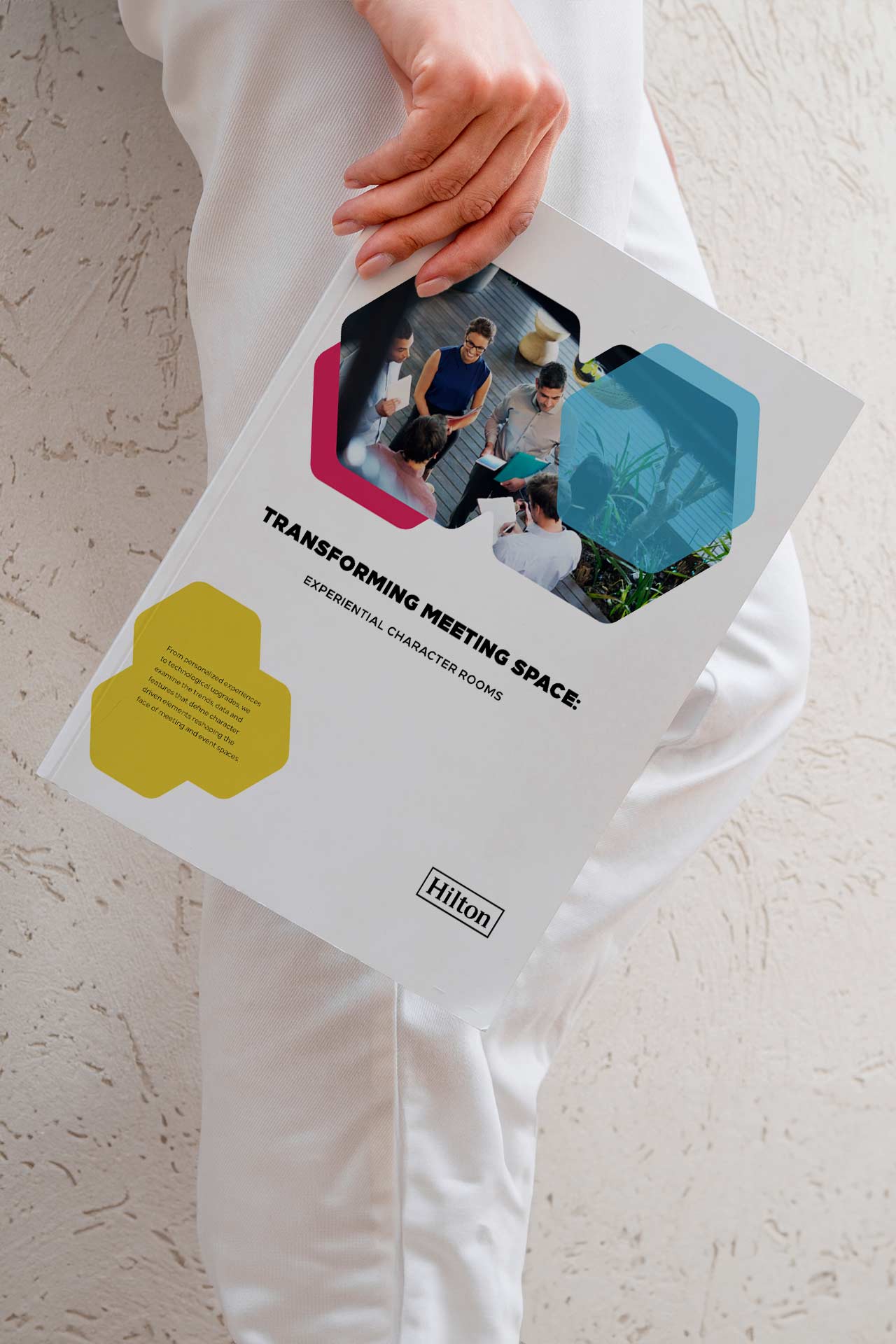We all know that there’s plenty to talk about on the mobile web, but perhaps the biggest thing in the field is progressive web apps. Introduced and evangelized by Google for over the past few years, they have been garnering attention for more press due to their development capabilities and user experience optimization.

What are Progressive Web Apps?
Progressive Web Apps are a grouping of technologies, design concepts, and web APIs that work together to deliver an app-like experience on the mobile web and bring features, usually expected from native apps, to the mobile browser experience. According to Google, they are described as “experiences that combine the best of the web and the best of apps.”
Core features include:
- No installation required
- Quick to load
- Native-like user experience
- Full screen UI
- Ran in a secure container
- Accessible to anyone on the web
- Leverages standard based technology
- Responsive
Why Progressive Web Apps?
Removing the complexity of mobile app maintenance, a progressive web app takes advantage of the mobile app characteristics, delivering an optimized experience for the user. Progressive web apps provide users with an experience very similar to native apps, especially when deployed using Angular framework. Built using common web technologies including HTML, CSS, JavaScript, and WebAssembly makes it as easily editable for future iterations as normal websites. Other widely used and popular frameworks for PWA development are React, Polymer, Ionic, and Accelerated Mobile Pages (AMP) that also allow seamless integration of APIs and service workers in general.

For developers who implement the features, cache service workers and push APIs, allow users to install progressive web apps to their home screen and work offline. The large web ecosystem can be leveraged, allowing for an easier deployment process when compared to a native application because the API does not need backward-compatibility maintenance. With the ability to immediately start using the app, unnecessary downloading and installation stages are a thing of the past.
There’s little to question on the far-reaching benefits of implementing progressive web apps, however, Google is working to get more developers on the bandwagon. Read more on topics of React and Angular technologies and their benefits in developing user-centered interfaces.









